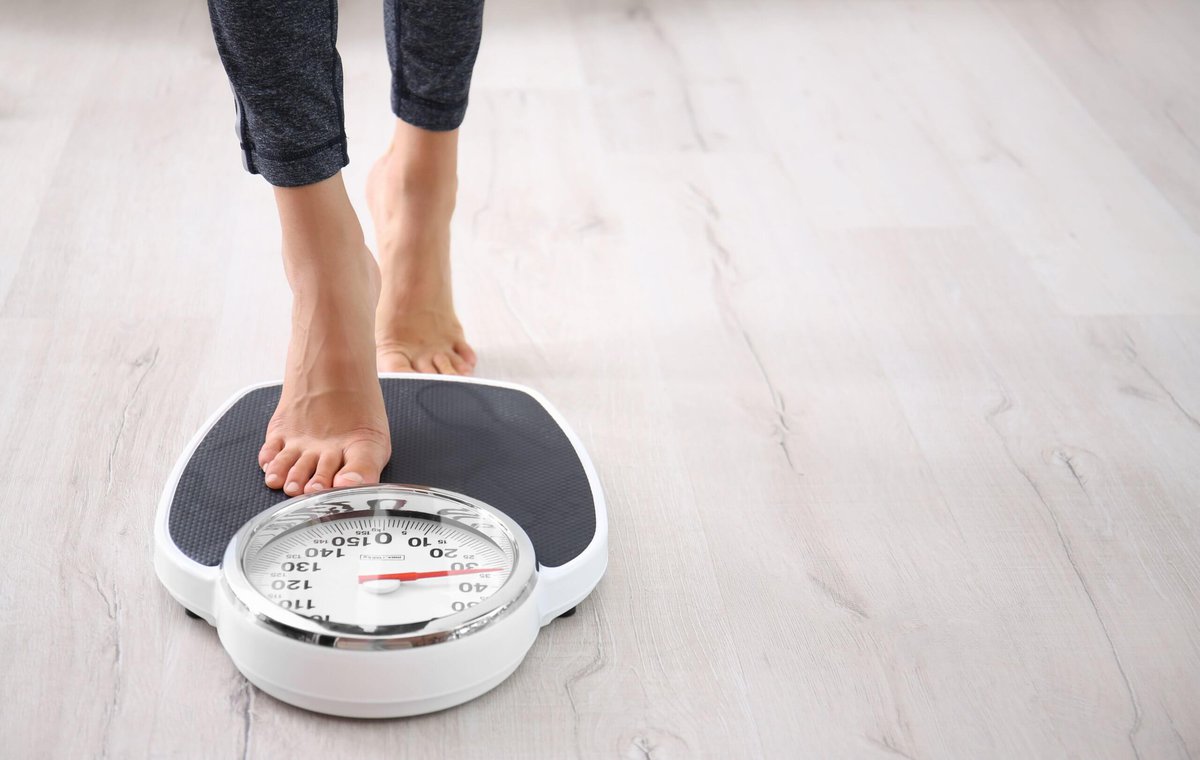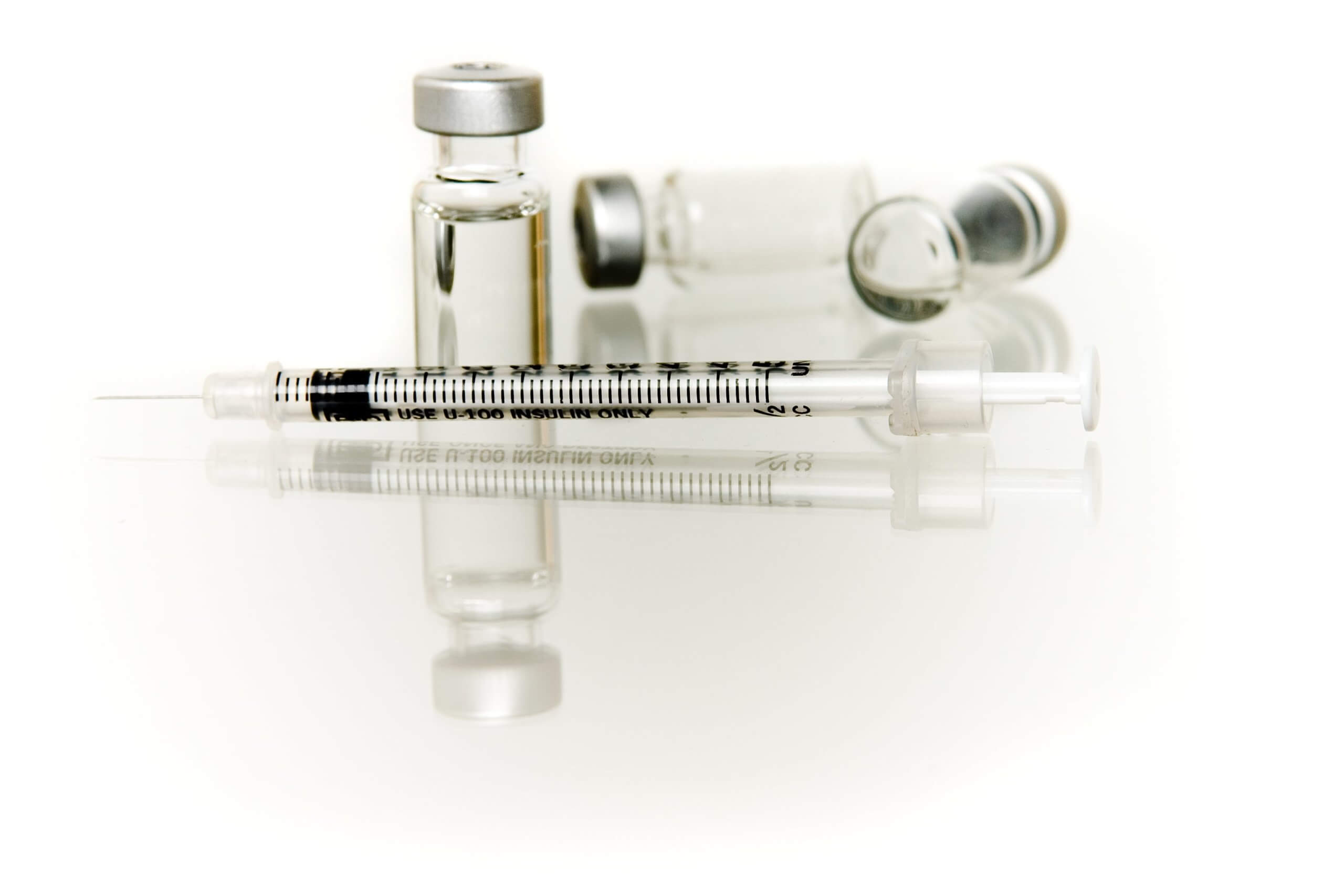Weight loss is not merely a journey but a transformational experience that demands unwavering commitment and perseverance. Shedding those extra pounds is not just about looking good or being fit, but a journey towards better health, greater confidence, and an improved quality of life. Indeed, the combination of weight loss and exercise is a powerhouse duo that can revolutionize one’s life and transforms the body and mind in ways one would never think possible.
What Factors Contribute to Weight Gain?
Weight gain can be caused by a variety of factors, including:
- Overeating
- Sedentary lifestyle
- Genetic
- Medical conditions
- Medications
- Hormonal changes
- Stress
- Lack of sleep
What Is The Best Exercise For Weight Loss?
The best weight-loss exercise burns significant calories and can be sustained consistently over time. Consistency is critical to achieving sustainable weight loss results and choosing an enjoyable activity that can be maintained long-term will increase the likelihood of success.
Nonetheless, below are some practical exercises for weight loss:
- Running. Running is a high-impact aerobic exercise that can burn up to 600 calories per hour.
- Cycling. Cycling is a low-impact aerobic exercise that can burn up to 500 calories per hour.
- Swimming. Swimming is a full-body aerobic exercise that can burn up to 400 calories per hour.
- High-Intensity Interval Training (HIIT). It consists of short bursts of intense exercise followed by rest periods and can burn up to 500 calories per hour.
- Strength Training. Strength training involves resistance exercises such as weightlifting and can help build lean muscle mass, increasing metabolism and burning more calories at rest.
- Circuit Training. Circuit training involves a series of exercises performed in a specific order, with little rest between each exercise, and can burn up to 500 calories per hour.
- Walking. It involves a low-impact exercise that can be sustained over long periods and burn up to 300 calories per hour.
Mixing up the routine with various exercises can help prevent boredom and motivate one to progress toward weight loss goals.
Diet Or Exercise: Which Is Better?
Both diet and exercise are critical components of a healthy lifestyle and can contribute to weight loss and overall wellness. However, when it comes to weight loss, diet plays a more significant role than exercise.
The simple truth is that weight loss is primarily about creating a caloric deficit, which means burning more calories than consumed. While exercise can help burn calories and improve cardiovascular health, creating a caloric deficit through dietary changes is much easier.
For example, cutting out high-calorie foods and beverages, reducing portion sizes, and incorporating more fruits, vegetables, and lean proteins into the diet can all help create a caloric deficit and lead to weight loss. On the other hand, it can be challenging to burn enough calories through exercise alone to achieve significant weight loss without dietary changes.
That said, exercise is still vital for overall health and can help maintain weight loss by preserving lean muscle mass, boosting metabolism, and improving cardiovascular health. While diet and exercise are essential for a healthy lifestyle, creating a caloric deficit through dietary changes is the most effective strategy for weight loss.
What Are The Factors That Affect Weight Loss?
Weight loss can be affected by a variety of factors, including:
- Caloric intake. Consuming more calories than the body requires can cause weight gain, while consuming fewer calories can cause weight loss.
- Physical activity. Exercise and physical activity can help burn calories and contribute to weight loss.
- Genetics. Some people may be predisposed to weight gain or have difficulty losing weight due to genetics.
- Age. With age, the metabolism slows down, making losing weight harder.
- Hormonal imbalances. Hormonal imbalances, such as thyroid disorders or PCOS, can make it harder to lose weight.
- Medical conditions, Certain medical conditions, such as diabetes or sleep apnea, can affect weight loss.
- Medications. Antidepressants and steroids, for example, can cause weight gain or make losing weight more difficult.
- Sleep. Sleep deprivation or poor-quality sleep can disrupt hormones that regulate appetite and metabolism, resulting in weight gain.
- Stress. Chronic stress can affect hormones that regulate appetite and metabolism, leading to weight gain.
It’s necessary to address any underlying factors affecting weight loss efforts and to develop a comprehensive approach that includes healthy eating, physical activity, and lifestyle changes that are sustainable over the long term.
How Much Time Does It Take To Lose A Pound?
A calorie deficit of approximately 3,500 calories is required to lose one pound. However, National Institutes of Health (NIH) researchers argue that this needs to account for how metabolism varies between people.
However, it’s essential to note that weight loss is not always linear, and the rate at which one loses weight can vary depending on various factors such as genetics, age, gender, and lifestyle habits. Additionally, aiming for a slow and steady weight loss of 1-2 pounds per week is generally recommended. Losing weight too quickly can be challenging to maintain and may lead to muscle loss or other health complications.
What Are General Tips For Weight Loss?
Here are some general tips for weight loss:
- Create a caloric deficit.
- Eat a balanced diet.
- Stay hydrated.
- Incorporate physical activity into the routine.
- Get enough sleep and aim for 7-9 hours per night.
- Manage stress by practicing stress-reducing techniques such as yoga, meditation, or deep breathing.
- Seek support by joining a weight loss support group, working with a registered dietitian or personal trainer, or enlisting the help of family and friends to stay motivated and accountable.
Remember that maintaining a healthy weight requires consistent effort and lifestyle changes. Be patient, stick to goals, and celebrate progress.
The Bottom Line
An exercise is a powerful tool for weight loss, improving body composition, and boosting overall health. Age-Less Weigh-Less offers a Weight Loss Program, a proprietary, multi-faceted program that includes customized medications backed by decades of research. Furthermore, their custom program safely kick-starts the metabolism and consists of the most influential and clinically-proven weight-loss options.





